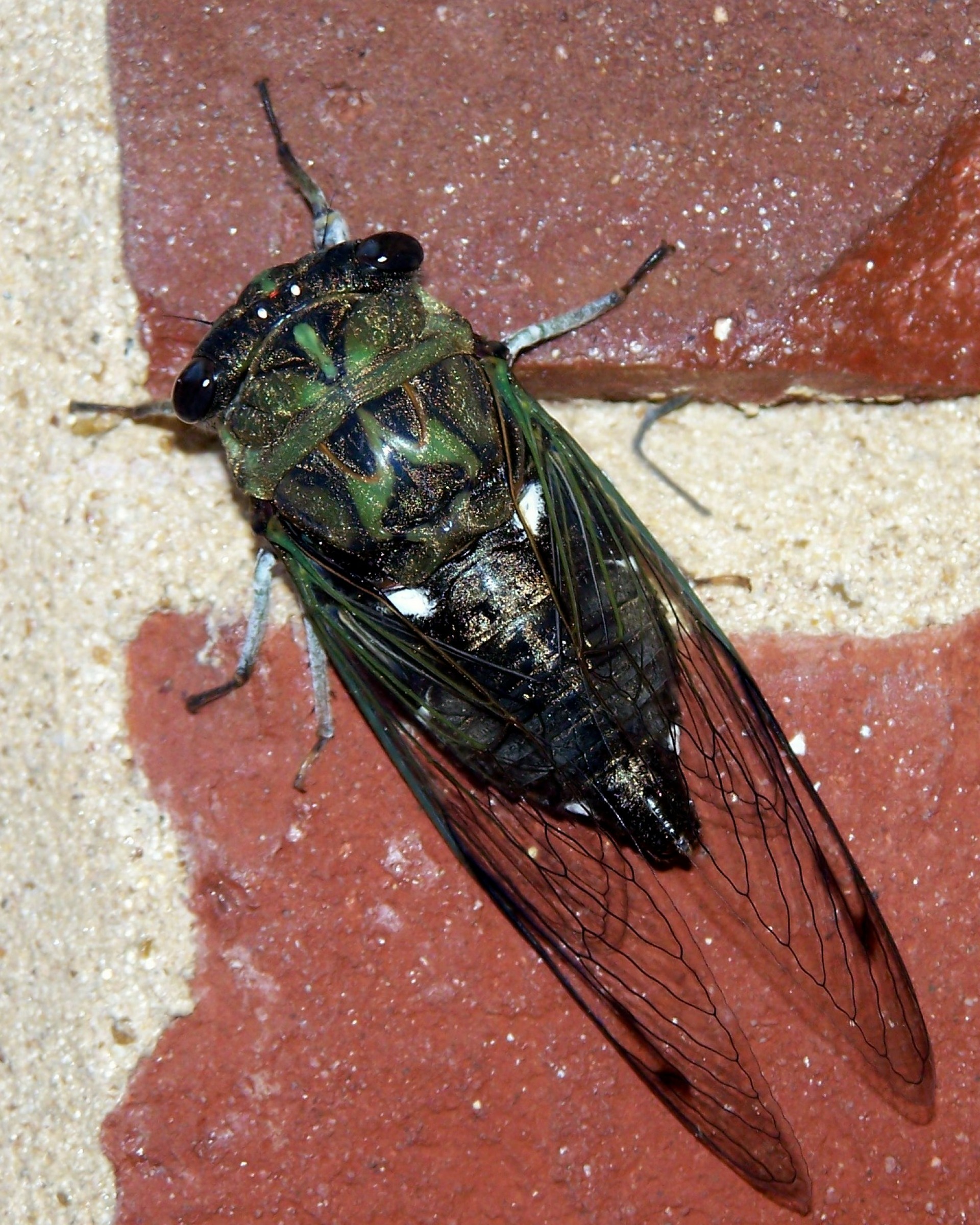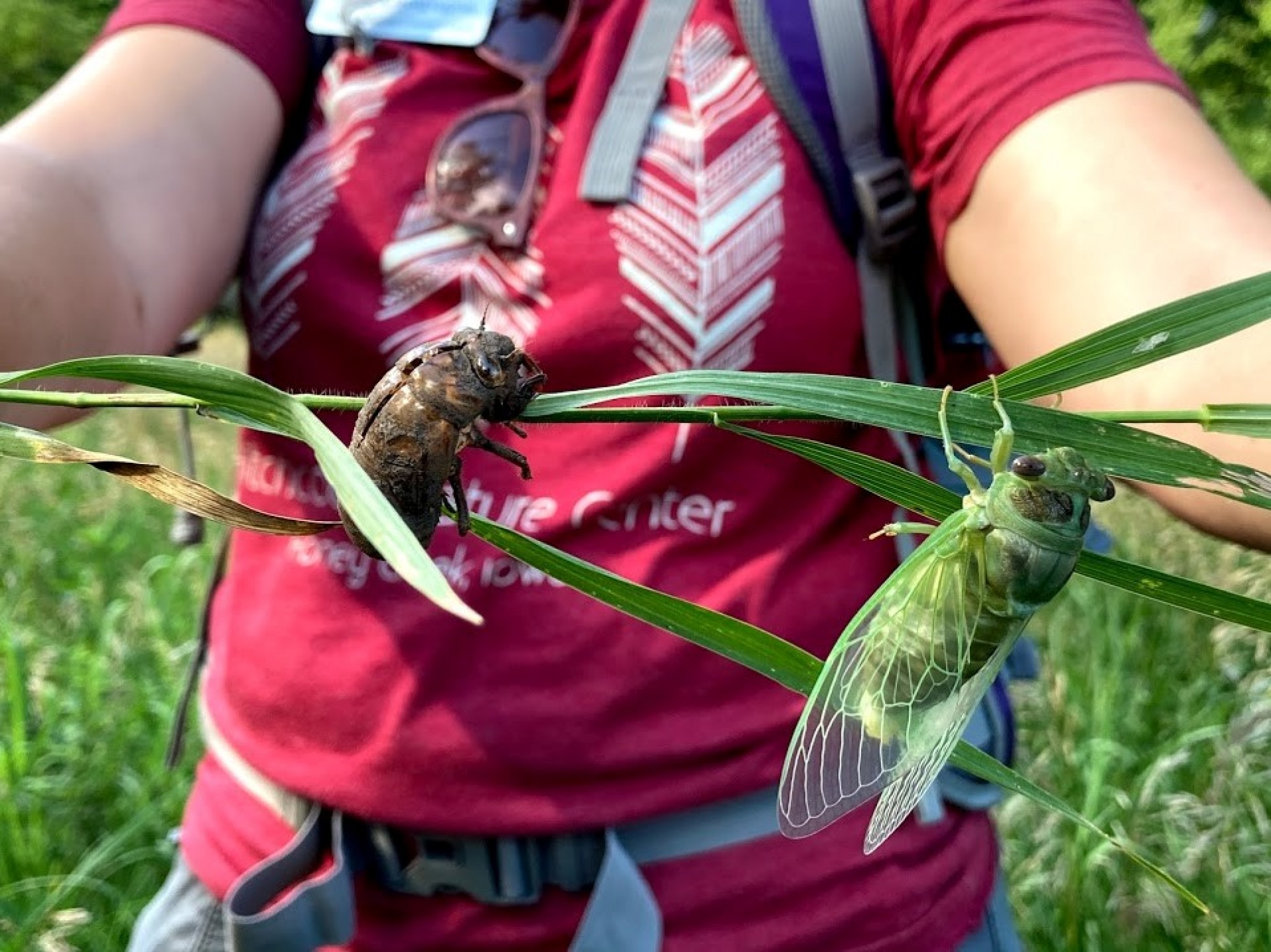These popular topics are heating up. Explore today's most viewed pages.

The life cycle of cicadas, like many other insects, has three stages; eggs, nymphs, and adults. Female adults lay eggs in trees. The nymphs hatch out of the eggs and burrow into the ground where they feed on sap from the roots of trees. After the nymphs are fully developed, they emerge and molt their outer shells, also known as exoskeletons.
Although some species of cicadas are periodicals, meaning they emerge once every 13 or 17 years, not all species are. Most species emerge annually or biannually, meaning every summer you can see cicadas emerge. This is most obvious to humanity through their buzzing and clicking songs that provide the soundtrack to our warm summer nights. This noise is made by male insects and the song is specific to each species of cicada, and are often mating calls or warnings.
Although cicadas are often considered a nuisance, they have an important ecological role in their environments. They function as a source of food for birds and other carnivorous and insectivorous animals. The cicada life cycle facilitates the movement of air and water underground through the tunnels left by burrowing into the ground as nymphs.
Interested in helping to protect cicadas? Make conscious choices to protect their existing habitat in your own neighborhood. Avoid tilling soil when you don't have to and make sure to leave any trees that aren't a danger to you or your property. You can also plant insect friendly native plants to help provide habitat and safety to the cicadas and all sorts of other insect life.
